Decisions and responsibilities
These two concepts may seem unrelated on first reading, but on reflection they are very much related. I’m sure you’ve made a decision that made you say: maybe I should have done it differently. That is when we have to take responsibility for our decisions. For the bad and the good. When there is a right decision and a wrong decision.
written by: Reka Paulikovics
Our whole life is a series of decisions. We have to make approximately 35 thousand (!) decisions every day. Small or big, easy or difficult, of course there is a difference between two decisions and also, the ability to make a decision depends on our own personality, temperament and individual life history. For some people, everyday decisions are easy, big decisions are harder, or vice versa.
The process
When we make decisions, we form opinions and choose actions through mental processes, influenced by biases, reason, emotions and memories. The decision itself supports the idea that we have free will. We weigh the pros and cons of our choices and then deal with the consequences.
In practice, making a decision means choosing between different options. From the smallest (which bread to buy in the shop) to the biggest (I have been offered a job abroad, should I accept?), we are faced with decision situations every day. Often, we resolve crucial situations quickly because there is no question mark, but we hesitate when faced with an everyday situation. For example, if you want to develop a new and good habit in your life, say you decide to eat healthier every day (even more than once), you have to decide whether to get the ice cream out of the fridge or the fruit.
Some things we decide quickly and automatically because our brain can guide us to the best course of action based on our mental state over the years, because we know what works and what doesn’t. But when we find ourselves in a situation we have never been in before, we need to take time to weigh up the potential benefits and risks of choosing an action.

What matters…
What matters when making a decision is how the options we choose relate to each other. This means that when we make difficult choices, we are comparing values that cannot be measured in numbers. A characteristic of these choices is that there is no best or worst option. The different options are on the same level and the choice is not whether to buy white bread or wholemeal bread, scrambled eggs or muesli for breakfast.
And this is where the concept of responsibility comes in. If we are unable to take responsibility for our choices and fear the possible consequences, we often end up just drifting along and letting circumstances continue to shape our lives. And often we just regret that I wish I had made such and such a choice, and it would have been so and so. What’s more, when events around us just happen, we don’t feel powerful enough, which in the long run can lead to a situation where we don’t know what to do.
According to psychology professor Barry Schwartz, “When people have no choices, life becomes almost unbearable for them. When the number of choices increases, as in our consumer culture, the mix of independence, control and freedom becomes positive and powerful. As the number of choices increases, so do the negatives, which multiply until we feel overwhelmed.“
So it is not good to have too few choices, and it is not good to have too many, either. If we want to find the best option, we have to take stock of all the possibilities and consequences, and that’s a huge job – too many and we can get lost in it, stressed and less satisfied because there are so many more attractive alternatives, making it easier to regret our choices. When faced with a huge number of choices, we may think there must be a perfect solution just as we expect it to be – and we may lose the pleasure of surprise that comes with fewer choices because our expectations are lower.
The responsibility of making choices can often turn into self-blame. Faced with so many choices, we believe there is no excuse for failure. We look for the perfect choice – which of course does not exist – and when things do not turn out as we expect, we blame ourselves.
Is there a good way?
Actually, there is. Journalist Suzy Welch has developed a tool called 10/10/10 to help us make decisions. When we are in a situation like this, it is worth looking at the consequences of a decision from three different perspectives. So take a step back and answer the following three questions:
- How do I feel 10 minutes after my decision?
- How will I feel in 10 months?
- How will I feel in 10 years?
This is about what we can expect from our decision in the short, medium and long term, and what it would bring in 10 minutes, 10 months or 10 years from now. It is also worth doing this exercise before making big decisions, because our brains tend to prioritise short-term pleasure over long-term effects. And this method helps you to make an objective decision.

>>> If you are planning a trip abroad or moving to a foreign country and you may have some uncertainties that is keeping you from making the right decision, our advisors can help! <<<
C.H.A.N.G.E.
So the question of decision-making and responsibility are really closely linked.
Every decision is a change, every decision is a risk.
It’s important to have the confidence to know that we didn’t make the decision we did by chance. It’s important to have the confidence that we’ve made the best decision for us. It takes courage to make important decisions, it takes courage to change, it takes courage to step out of the box because that new possibility, that new option, that possible option has presented itself for some reason. We just have to keep our eyes open and know who we are, what we want, what we can do for ourselves – because that’s what it’s all about: saying yes to ourselves, choosing to be ourselves. Once we have that, we can choose for ourselves and for others.
And if we are really honest, there is no right or wrong in decision making…
There is a choice for which we take responsibility for the consequences. And if we want to put it even more simply, the right decision is the one we make.
Did you know?
It’s harder to make decisions at the end of the day. In a 2011 study, researchers at Ben-Gurion University found that parole boards granted parole in about 70% of cases heard in the morning, but less than 10% of cases heard in the afternoon. This pattern held true regardless of the prisoners’ ethnic background, crimes or initial sentences. This pattern is due to a phenomenon called ‘decision fatigue’. As the day wore on, it became harder for the Parole Board to thoroughly consider every aspect of a case, so they relied on what seemed to be the safest option – keeping prisoners in prison, or the status quo.

Like what we do?
If so, please support us, every litte counts and much appreciated!
You will help us to come up with useful information regularly, so please support us every once and a while or even on a monthly basis! Thank you!
Source(s):
Original article: Döntések és felelősség Translated by: BOGI – CONTINENT SURFER

Planning to move abroad? Interested in professional advice or personal experiences?
Surf on our website and become a real Continent Surfer!
GET ALL THE HELP YOU NEED from our professional consultants, visa advisor, language teachers and other service providers.
England, Australia, Europe, America New Zealand, Asia or Canada?
Wherever you go, whatever solution you might be looking for… WE ARE HERE TO HELP!
Click here to contact our Expert Partners!

Like what we do?
If so, please support us, every litte counts and much appreciated!
You will help us to come up with useful information regularly, so please support us every once and a while or even on a monthly basis! Thank you!
Comment

